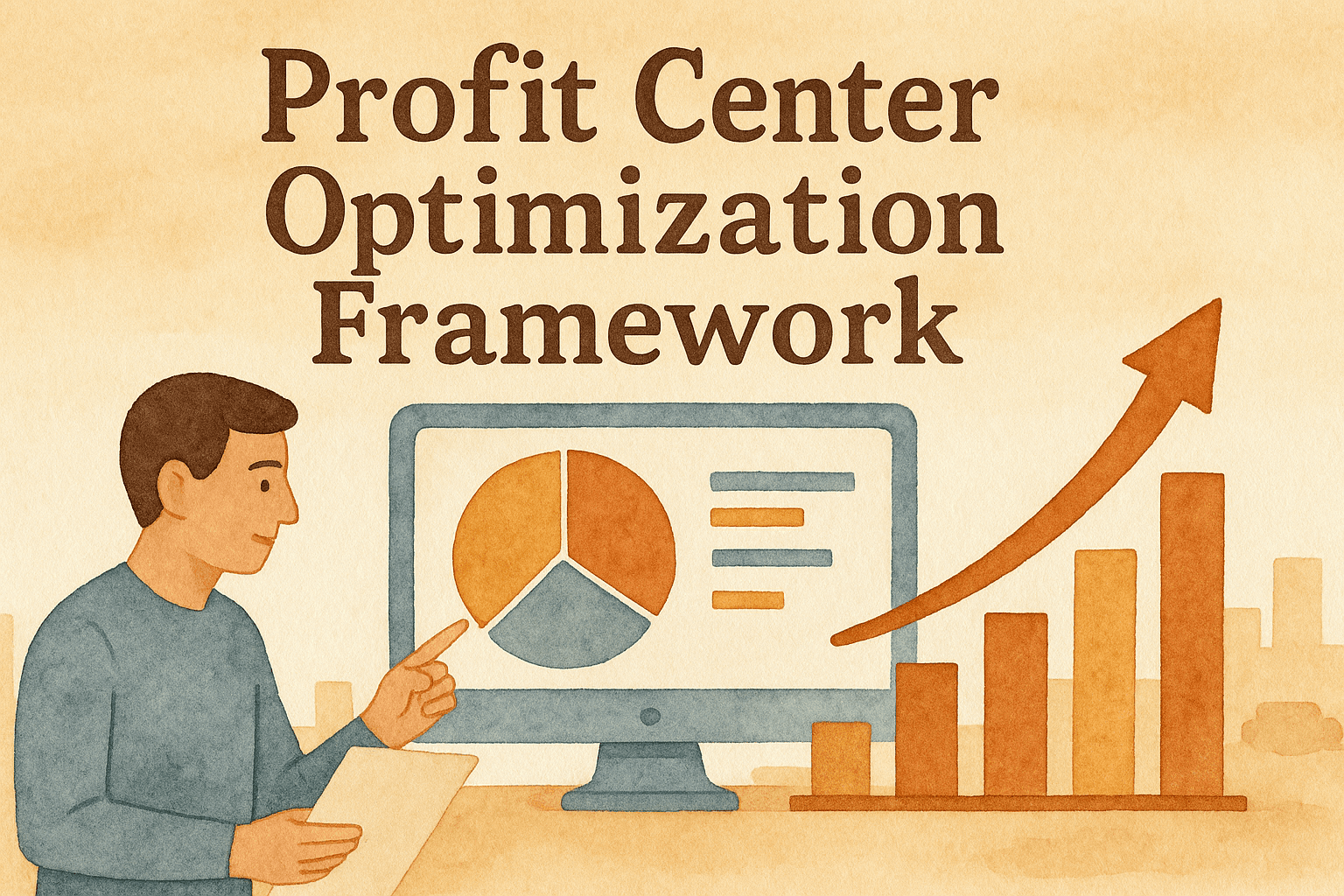Tax Planning for Multi-State Australian Operations
Updated:
January 11, 2025
15 minutes
When you operate across multiple Australian states and territories, you face a complex web of tax obligations that can significantly impact your bottom line. While GST is a federal tax applied consistently across Australia, state-based taxes—particularly payroll tax—vary dramatically in their thresholds, rates, and administrative requirements.
GST (Goods and Services Tax)
GST is a 10% tax on most goods and services sold in Australia. Once your business reaches the AUD $75,000 annual turnover threshold (or AUD $150,000 for non-profit organisations), you must register for GST with the ATO. This applies regardless of which state or territory you operate in, creating a consistent baseline for tax compliance.
State-Based Payroll Tax
Payroll tax presents the greatest complexity for multi-state operations. Each state and territory sets its own threshold, rate, and calculation methodology. For example, NSW has a threshold of approximately AUD $1.2 million, while Tasmania's threshold is around AUD $1.45 million. Rates range from 4.75% to 6.85% depending on your location and total payroll. These variations require careful tracking and separate compliance processes for each jurisdiction where you have employees.
As your business expands across state borders, understanding when and where you need to register for various taxes becomes critical. The concept of "nexus" in Australian tax law determines your tax obligations in each jurisdiction.
Payroll Tax Nexus
For payroll tax, nexus is typically established when you employ staff in a particular state or territory. However, the rules become more complex when employees work remotely or across borders. Most states use a combination of factors including where work is performed, where employees reside, and where your business is based to determine tax obligations.
Key Registration Triggers
• Physical presence: Opening an office, warehouse, or retail location in a new state immediately creates nexus for payroll tax purposes.
• Remote employees: Hiring employees who live and work in a different state typically requires registration with that state's revenue office.
• Payroll thresholds: Each state has different threshold amounts. NSW groups together all Australian wages to determine if you've exceeded the threshold, while other states may only count wages paid within their borders.
• Registration timing: Most states require registration before you pay your first employee, not after you exceed the threshold.
The complexity increases significantly if your business operates under a group structure, as grouped wages may push you over thresholds even when individual entity payrolls seem small.
Creating a robust tax compliance system for multi-state operations requires systematic planning and ongoing management. Here's a framework tailored to Australian businesses:
Map Your Tax Obligations by Jurisdiction
Start by creating a comprehensive map of where you have tax obligations. Document:
• States where you have employees (including remote workers)
• Physical locations (offices, warehouses, retail stores)
• Payroll tax thresholds and rates for each state
• Registration requirements and deadlines
• Reporting frequencies (monthly, quarterly, or annual)
This mapping exercise often reveals obligations businesses didn't realize they had, particularly for remote employees or contracted workers.
Implement Centralised Payroll Tracking
Invest in payroll software that can track wages by state and automatically calculate payroll tax obligations across jurisdictions. Look for systems that:
• Segregate wages by state for reporting purposes
• Calculate grouped wages for threshold determinations
• Track different tax rates and thresholds
• Generate state-specific reports
• Alert you when approaching registration thresholds
Establish Tax Calendar and Compliance Processes
Create a master tax calendar that includes all filing deadlines, payment dates, and registration renewal dates for each jurisdiction. Assign clear ownership for each task and build in review processes to catch errors before submission.
Work with State-Specific Advisors
While having a primary tax advisor is valuable, consider engaging specialists in states where you have significant operations or complex situations. State revenue offices have different interpretations of rules, and local expertise can prevent costly mistakes.
Plan for Scalability
As you grow, your tax obligations will evolve. Before entering a new state, model the tax implications. Factor payroll tax costs into your hiring decisions and expansion plans, as some states may be significantly more expensive than others for your business model.
Successfully managing multi-state tax obligations in Australia requires a combination of the right technology tools and expert professional guidance. Neither can fully replace the other—they work together to create a robust, scalable compliance framework.
Technology Solutions for Multi-State Compliance
Modern cloud-based accounting and payroll systems have transformed how businesses manage multi-state tax compliance. Leading Australian payroll platforms like MYOB, Xero, and Employment Hero offer built-in state tax tracking, automatic threshold monitoring, and multi-jurisdiction reporting. More sophisticated businesses may benefit from dedicated tax compliance software that integrates with their existing systems.
Key features to look for include:
• Automatic tax rate updates as legislation changes
• Real-time threshold tracking and alerts
• Grouped employer calculation capabilities
• State-specific reporting templates
• Audit trail documentation
• Integration with your accounting system
The Role of Professional Tax Advisors
While technology handles day-to-day calculations and tracking, professional tax advisors provide strategic guidance that software cannot replicate. A good tax advisor helps you:
• Interpret complex and ambiguous tax rules
• Plan expansion into new states with tax efficiency in mind
• Navigate audits and revenue office enquiries
• Identify legitimate tax reduction opportunities
• Stay ahead of legislative changes
• Structure your business entities to optimize tax outcomes
For businesses operating in multiple states, consider building relationships with tax professionals who specialise in your specific industries and the jurisdictions where you operate. The investment in quality advice typically pays for itself many times over through avoided penalties, reduced audit risk, and strategic tax savings.
Managing tax obligations across multiple Australian states and territories is one of the most challenging aspects of business growth, but it's also one where careful planning creates lasting competitive advantages. The businesses that thrive during national expansion are those that treat tax compliance as a strategic priority rather than an administrative burden.
By building robust systems early—before you're overwhelmed by compliance demands—you create the foundation for sustainable growth. The combination of modern technology platforms, expert professional advisors, and systematic internal processes transforms what could be a constant source of stress and penalties into a well-managed business function.
The key is to start now, regardless of your current size. If you're operating in just one state but planning to expand, begin researching tax obligations in your target markets. If you're already multi-state but managing compliance manually, invest in automation before your next expansion. The proactive approach always costs less than the reactive one—both in dollars and in management time.
Remember that every state's revenue office is actively looking for businesses that should be registered but aren't. With increasing data sharing between agencies and more sophisticated detection methods, the days of "flying under the radar" are over. The businesses that will dominate the Australian market in the coming years are those that embrace compliance as a competitive advantage, using their tax sophistication as a platform for confident expansion across the country.


